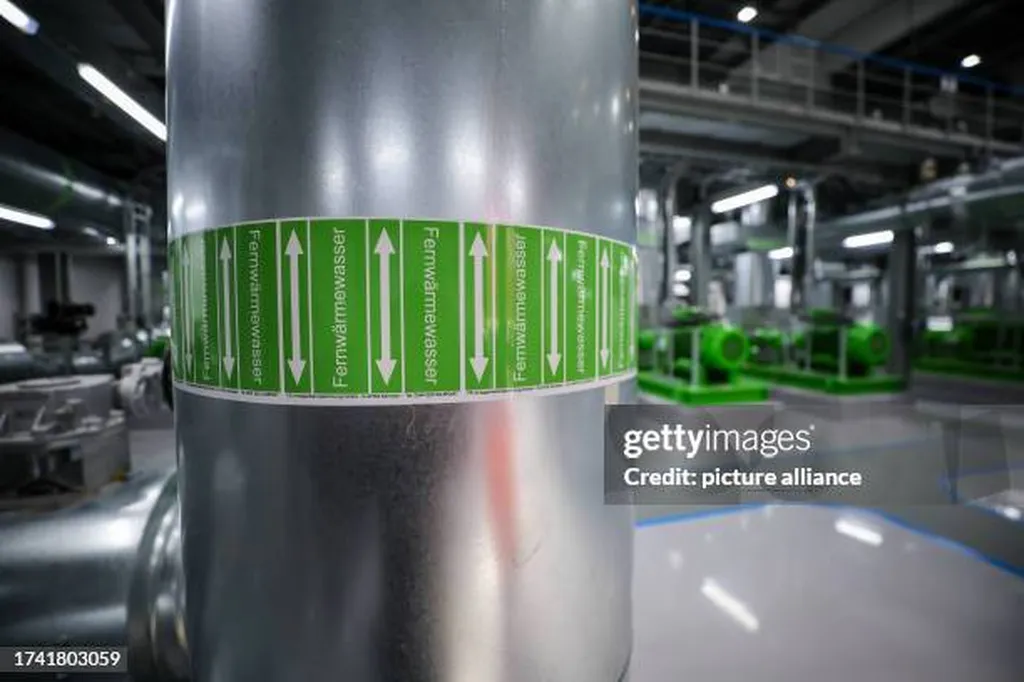In a significant stride towards sustainable energy solutions, researchers have delved into the promising realm of hybrid heating systems for residential applications. Duaa Allahseh, a lead author affiliated with the Institute of Energy Research and Sustainability at Leipzig University of Applied Sciences in Leipzig, Germany, has published a comprehensive review in the journal *Energy Exploration & Exploitation* (which translates to *Energy Exploration & Exploitation* in English). This work sheds light on the potential of hybrid systems to revolutionize the heating and cooling sector, a domain that currently consumes nearly half of the total energy in the European Union.
The study underscores the critical need to transition from fossil fuel technologies to renewable energy sources, which currently account for only 24.8% of consumption in 2022. “Hybrid heating systems offer a compelling approach to integrate multiple renewable energy sources, thereby increasing energy efficiency and reducing environmental impact,” Allahseh explains. By combining technologies such as solar, biomass, and heat pumps, these systems can optimize energy use, stabilize thermal output, and significantly reduce primary energy consumption.
The research reviews both stand-alone and grid-connected hybrid systems, incorporating various renewable energy sources and storage technologies. It also delves into the control requirements and how advanced, intelligent approaches can enhance performance and energy consumption. “Advanced control strategies are essential for maximizing the benefits of hybrid systems,” Allahseh notes. “They can help stabilize thermal output and reduce primary energy consumption, making these systems more reliable and efficient.”
However, the implementation of hybrid systems is not without its challenges. High initial costs and integration complexities are significant hurdles that need to be addressed. Despite these challenges, the potential benefits of hybrid heating systems are substantial. They can play a pivotal role in reducing greenhouse gas emissions and increasing the share of renewable energy in the heating and cooling sector.
The findings of this research provide valuable insights for researchers, policymakers, and industry stakeholders. They guide future developments in sustainable heating solutions and energy transition strategies. As the world grapples with the urgent need to reduce carbon emissions, the insights from this study could shape the future of the energy sector, paving the way for more sustainable and efficient heating solutions.
In the words of Allahseh, “The transition to renewable energy sources is not just a necessity but an opportunity to innovate and create more sustainable and efficient systems.” This research is a testament to that vision, offering a roadmap for the future of heating and cooling technologies.

